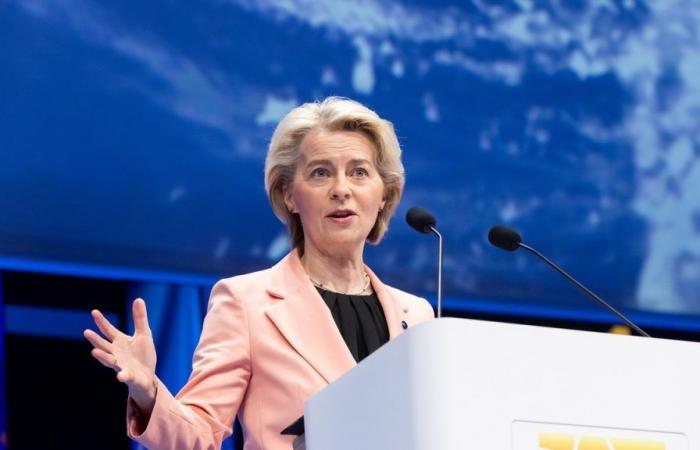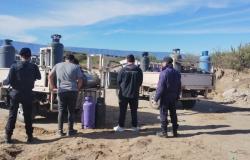The political agreement for 14 sanctions package is now closed. It has cost more than expected, several weeks of negotiation to try to overcome the veto of countries like Germany and Hungary, which were opposed for different reasons. Budapest maintains its policy of not punishing Russia in the energy field and Berlin doubted the cost that small German companies would suffer.
Community technicians are now beginning to prepare the legal texts with the idea of officially publishing it next Monday during the Council of Foreign Ministers in Luxembourg. Ministers want to send a clear message to Moscow that the EU remains determined to support Ukraine and deliver a decisive blow to the Kremlin’s shadowy finances.
Europe attacks the sale of Russian gas
For the first time, EU attacks lucrative Russian liquefied natural gas business until now untouchable. The new sanctions will not affect direct imports of gas to the Union, but action will be taken against European companies that then resell that fuel in the Asian market. Brussels wants to put an end to what is known as the “shadow” Russian fleet. Community ports will be prohibited from redirecting Russian gas to third countries, carrying out the “change of ship” maneuver. A veto that could force Moscow to review the routes of its sales to Asia, surely diverting ships through the Arctic Sea, a much more complex and expensive route.
Moscow continues to sell a lot of gas to Europe, as the toughest sanctions have been applied before to other fuels such as oil and coal. Last year it is estimated that Russia was able to raise around 8 billion euros in this way, with Spain, France and Belgium as the largest buyers. In the Spanish case, record figures were reached, importing 35% more and placing Russia as its third main supplier (18.3% of the total).
Still, since the invasion of Ukraine began, the 27 have managed to reduce their dependence on Russian gas by about 2/3. Last year this fuel represented 5% of all gas consumption in the EU.
The blacklist is expanded
The 27 individuals continue to be added to the blacklist of those sanctioned. In this round, other 100 new people and entities, which brings the total to more than 2,200 people.
The EU completes this package – one of the most powerful in recent months – with more tools to prevent the evasion of sanctions already approved previously. Above all, putting the magnifying glass on the subsidiaries of EU parent companies in third countries.
European sources explain that more restrictions will also be included against the export from Europe of dual-use goods and technology, civil and military. They are products that contribute to industrial capabilities in Russia. And, to enhance the impact of the package, it will be monitored to ensure that sanctions can be avoided “by air, sea or road transport.”
End the war machine
The president of the European Commission, Ursula Von der Leyen, has celebrated this package of sanctions that he described as “strong”, and says it will “further impede Russia’s access to key technologies and deprive it of further energy revenue.”
The President of the European Council, Charles Michel, also values that “these measures reinforce existing sanctions and close gaps. The EU continues to slow down Russia’s war machine to put an end to this illegal war. We remain strong, determined and united behind the people from Ukraine”.
Follow us on our whatsapp channel and don’t miss the latest news and all the news from anten3noticias.com






